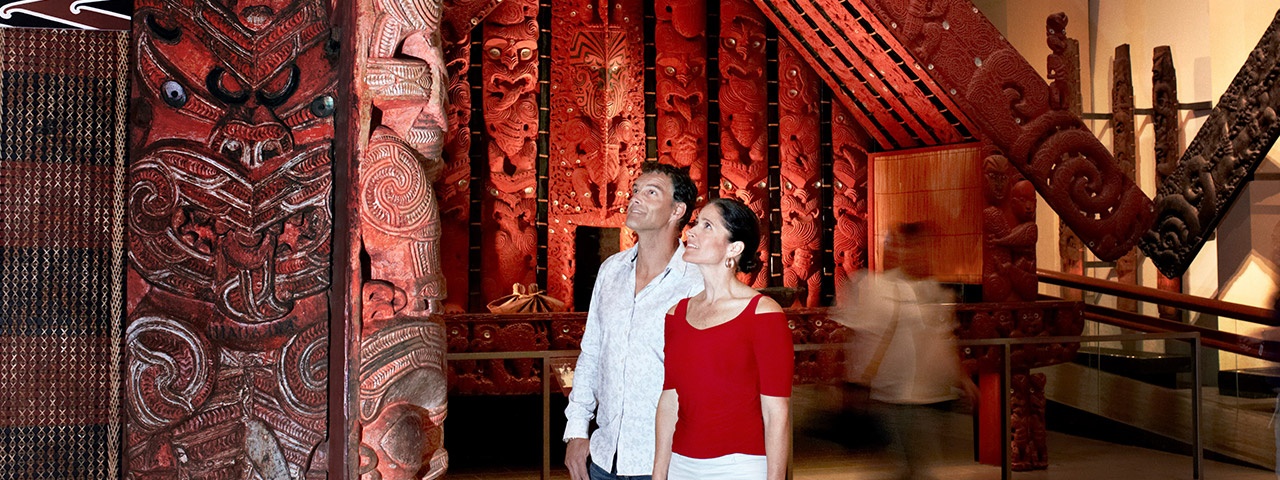Every year, on 6 February, New Zealand marks the anniversary of the nation’s founding document Te Tiriti o Waitangi/The Treaty of Waitangi.
The treaty, first signed in the Bay of Islands in 1840, is an agreement between representatives of the British Crown and more than 500 Māori rangatira (chiefs). Its purpose was to lay a foundation for British settlers and the Māori people to live together under a common set of laws.
The treaty has played a vital part in New Zealand’s history. Over the years, despite debate over the correct translation of its contents, New Zealanders have recognised the intention and spirit of the treaty’s creation and signing.
Today the treaty remains a significant part of our nation. The day of its first signing, 6 February, is marked each year with a public (bank) holiday, referred to as Waitangi Day.
Waitangi Day offers a chance to reflect on New Zealand’s history and what it means to be a Kiwi. Falling in the middle of our summer months, it also offers the chance to enjoy a day in the sun with family and friends.
Aucklanders celebrate the day in many ways, like spending the day at the beach, enjoying a barbeque with loved ones or taking advantage of one of the Waitangi Day events around the city.
There are free outdoor concerts showcasing Kiwi talent and plenty of kids activities including a treaty exhibition at Auckland Museum.
More than 5,000 Aucklanders head to Hayman Park in Manukau, South Auckland, to experience our longest standing Waitangi celebrations every year. There’s live music, amazing mussel fritters, traditional Māori hangi, and even a traditional Māori haka.
Each year, Waitangi Day celebrations and traditions grow and evolve, reflecting the significance of 6 February 1840 in our young nation’s story.
Auckland is a great place to live and the job market is booming, follow us on LinkedIn for more information and job opportunities
Auckland is looking for top talent
Sign up to our newsletter for information and the latest job opportunities.
